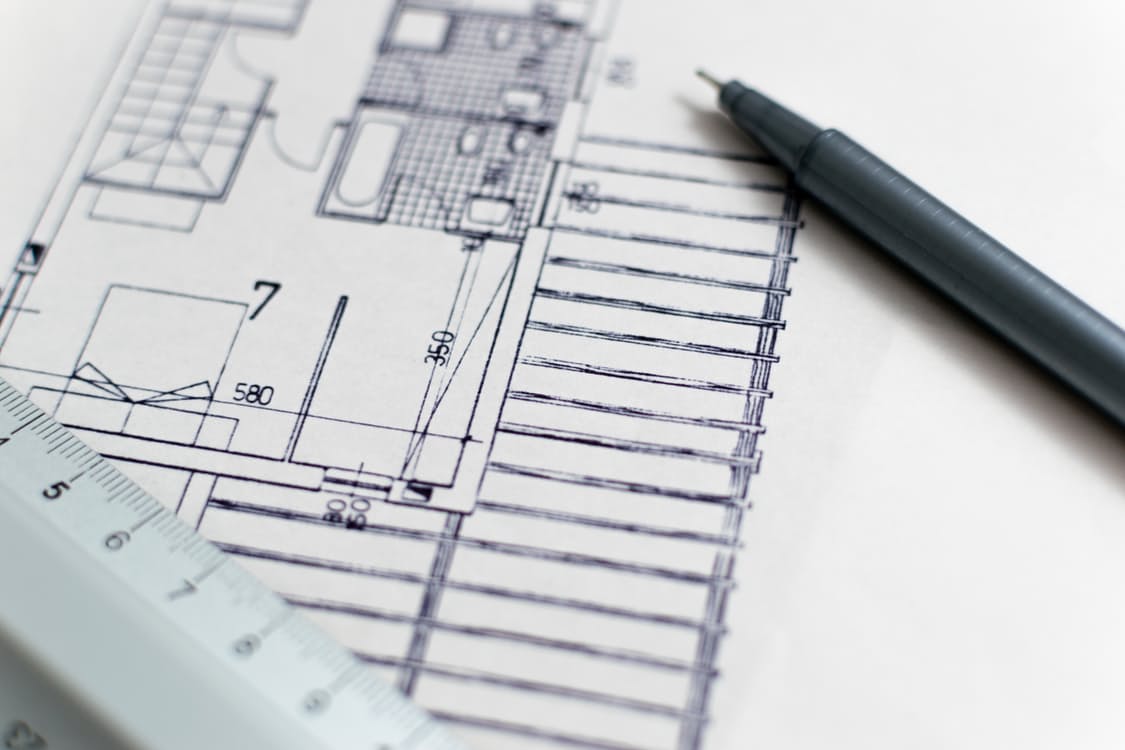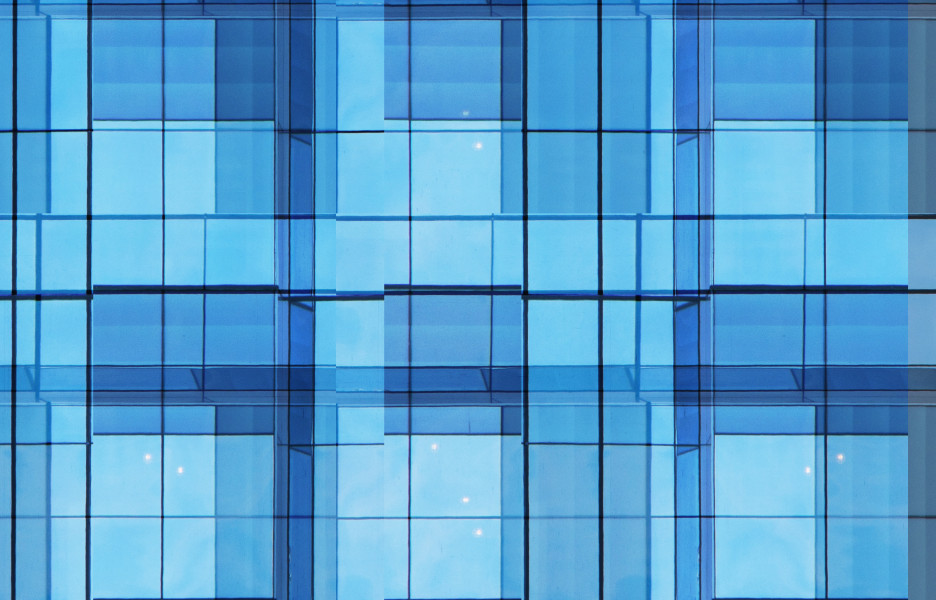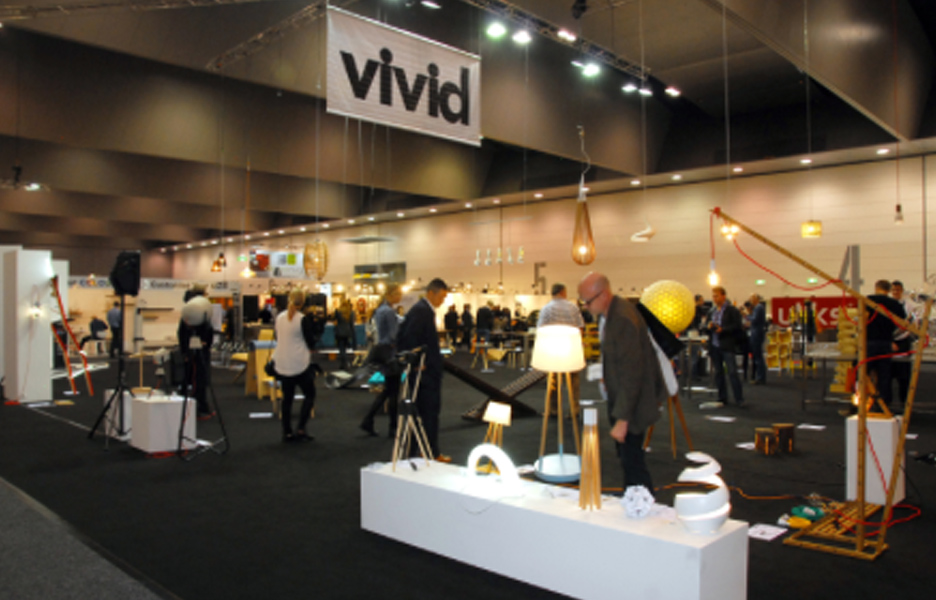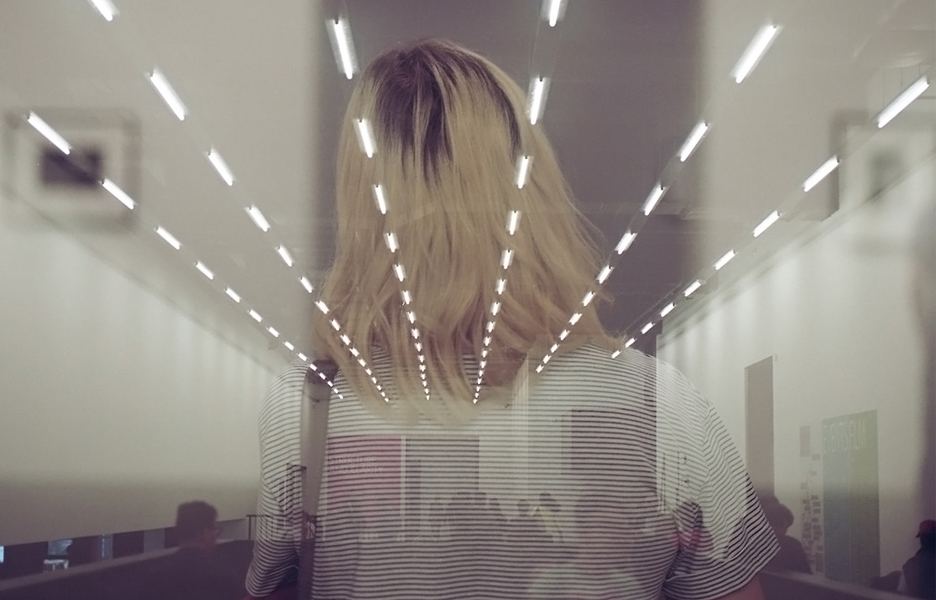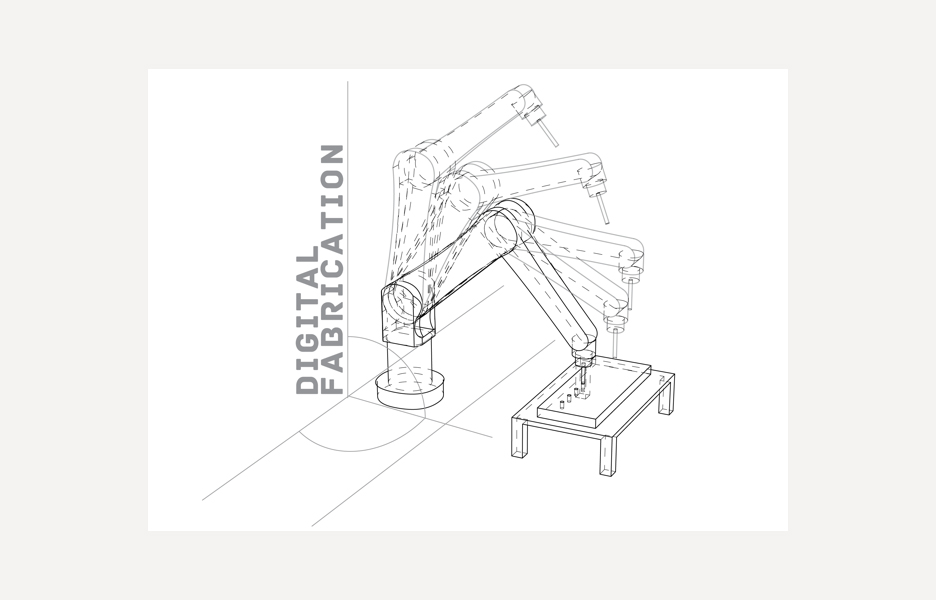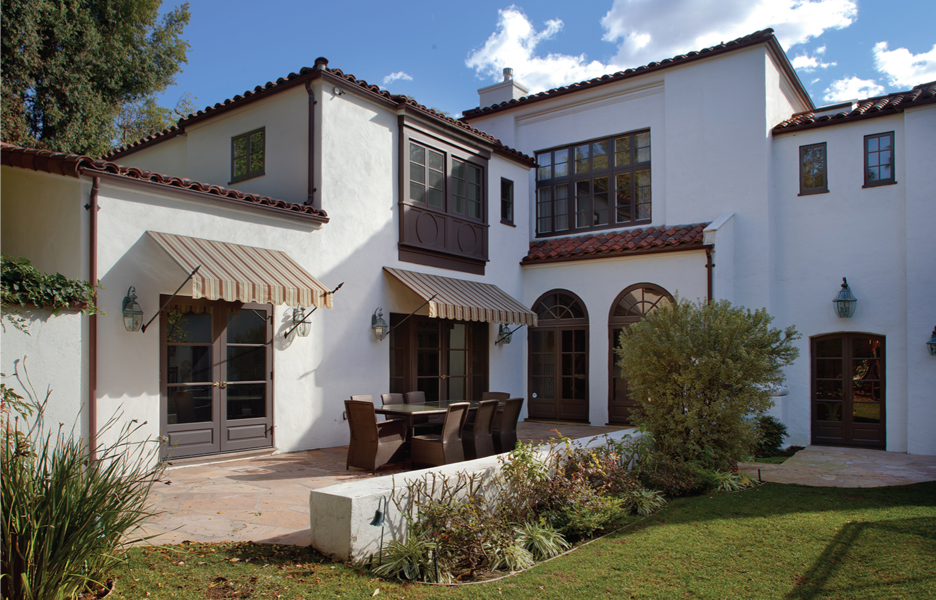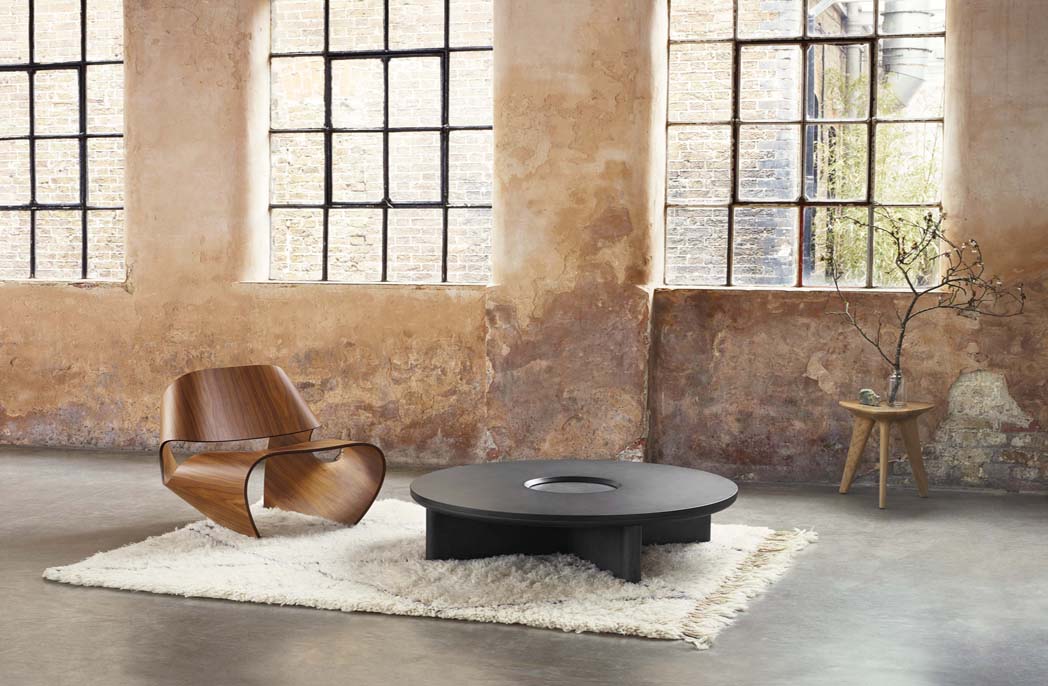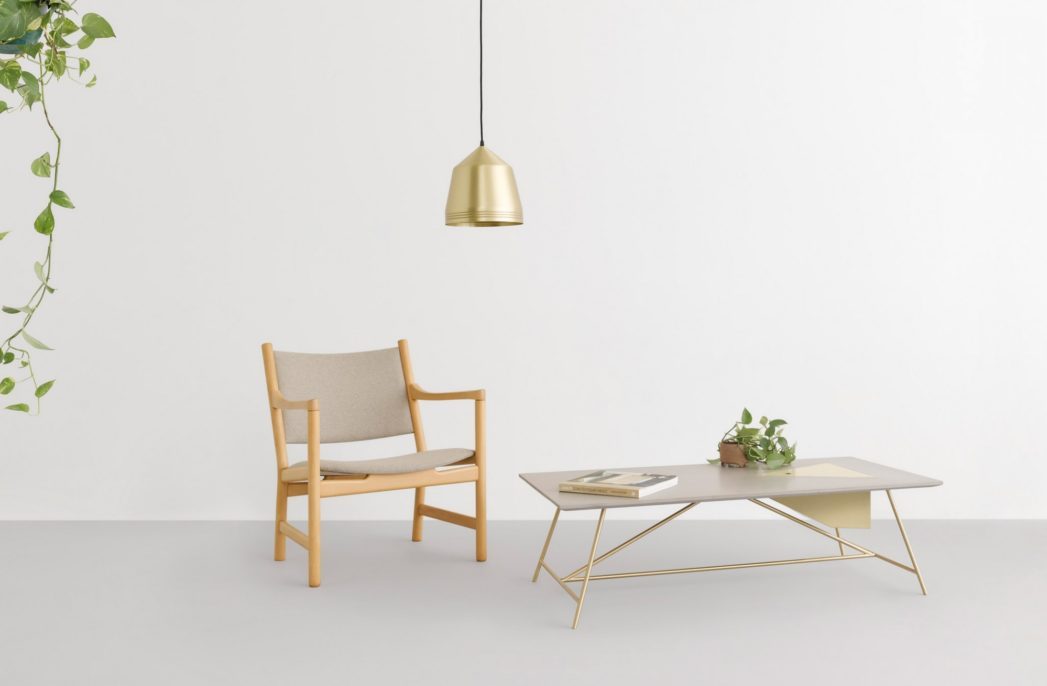
Reflecting on an interior design PhD
Share
RMIT is pushing the boundaries in Australian design education by offering a new program, a reflective industry practice PhD in Interior Design.
Understanding the importance of interior design and the designer, this program gives substance and standing to the profession and allows talented designers to explore, interpret and experience their craft. inside speaks to Associate Professor Suzie Attiwill, Associate Dean Interior Design, RMIT University and Anthony Fryatt, program manager, Bachelor or Interior Design (Honours), RMIT University about the program.
Associate Professor Suzie Attiwill recently took up the role of Associate Dean Interior Design at RMIT – a new role in the university, established as part of an overall strategy that gives prominence to disciplines. Interior Design is clustered with Architecture and Landscape Architecture in the School of Architecture and Urban Design. One of Attiwill’s first initiatives was to instigate a reflective industry practice PhD in Interior Design.
inside: Why did you want to establish this program?
Suzie Attiwill: The reflective industry practice PhD is a flagship program in our school. It has been offered in Melbourne since the early 1990s and more recently in Barcelona and Ho Chi Minh City, attracting practitioners from Europe, the UK, the US and Asia. To date, there have been architects and landscape architects who have done this PhD, but no interior designers.
This mode of PhD contributes to the individual practitioner’s practice, enabling an opportunity to pause and reflect on the nature of what they do and how they do, which also makes apparent and positions the contribution of the profession to a broader social and cultural context. I am a keen advocate for the value of interior design as a critical 21st century practice and the reflective industry practice PhD is one way of positioning and manifesting this contribution.
What is a reflective industry practice PhD in interior design and can you give a broad outline of the program and criteria?
Practising designers are invited to reflect on their practice through the medium of design and in the place where they practice. Key threads and concerns are drawn out; a community of practice within which their practice makes its distinguished contribution is located; tacit understandings are interrogated and assumptions questioned; transformative moments are experienced; new insights and ways of working are tested. Twice a year, work-in-progress is presented to a panel of peers, who give feedback and critique.
These happen over five days and are called Practice Research Symposiums (PRS). It is also when examinations are held – these are by public exhibition and presentation – as well as lots of social opportunities, drinks and a dinner. These are held in Barcelona and Ho Chi Minh City as well as Melbourne.
The length of the program is four years full-time and involves regular meetings with supervisors. The only course they need to take is a research strategies course and this is usually offered as an intensive over a couple of days.
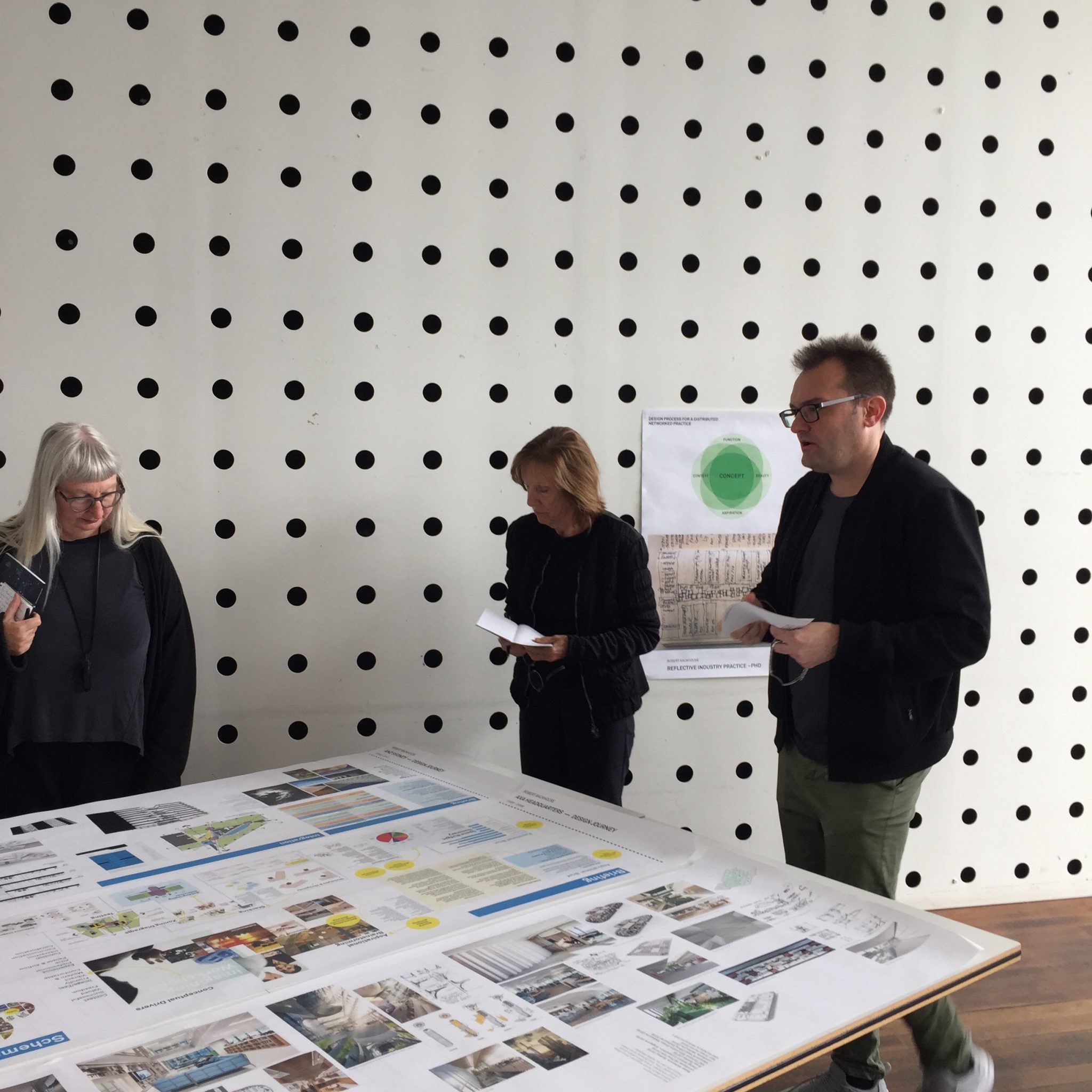
Robert Backhouse, review-in-progress with Sue Carr and Professor Gini Lee, October 2018 Practice Research Symposium.
What is the process of the PhD and how are the candidates chosen? Are they invited or can any designer apply?
Candidates are chosen on the basis of their practice. There needs to be a substantial and critically- engaged practice. The first cohort of reflective industry practice PhDs in interior design – Robert Backhouse (HASSELL), Sue Fenton (Woods Bagot) and Angela Ferguson (Futurespace) – were invited.
I was actively encouraging them for quite a while and finally they agreed! We plan to grow the program through invitation and it is also open to applications. We recommend coming along to one of the Practice Research Symposiums to the PhD process in practice. Information is available at practice-research.com.
Architecture has had such a PhD program for more than 30 years, which was initiated by Professor Leon van Schaik. How does your program differ or not – accepting that the participants are from different but related disciplines?
We have had a strong PhD program in interior design over the past 20 years with emerging practitioners who are keen to generate new modes of practice. The reflective industry practice PhD in interior design is modelled on the one that Leon initiated and he has been an important reference point for me while setting it up. While this first cohort will follow a similar program in terms of reflecting, positioning and projecting, I am curious to see if there will be differences that emerge due to the nature of interior design practice. This PhD program raises the bar for interior design and designers.
How do you see the benefits of such a program for the interior design community as a whole? And how do you foresee the individual candidates benefiting?
This kind of PhD enables the articulation of the contribution of interior design through the actual practice of design – both for the individual practitioner and for the profession more broadly. The benefits include a contribution to the discipline, for practitioners, academics and students, and the emergence of the profession as a critically engaged profession at a broader social and cultural level.
What are the challenges involved with the program?
Preconceptions of what a PhD is and the kind of research required. A sense of not having enough time is another challenge. However, practice research as research through the medium of design is what designers are doing and therefore the PhD should not take them away from this, but provide an opportunity to reflect on what they do and how they do it. Leon makes the point that “if a practice research PhD takes you away from your practice, it is not a practice PhD”. One way to recalibrate is to approach the PhD like another project in the office and give it a project number.
Do you have future plans for the program – expansion here or overseas? Do you envisage any other changes, if so, what might they be?
I am involved in PRS EU (Barcelona) and PRS Asia (Ho Chi Minh City) and actively courting practitioners there!
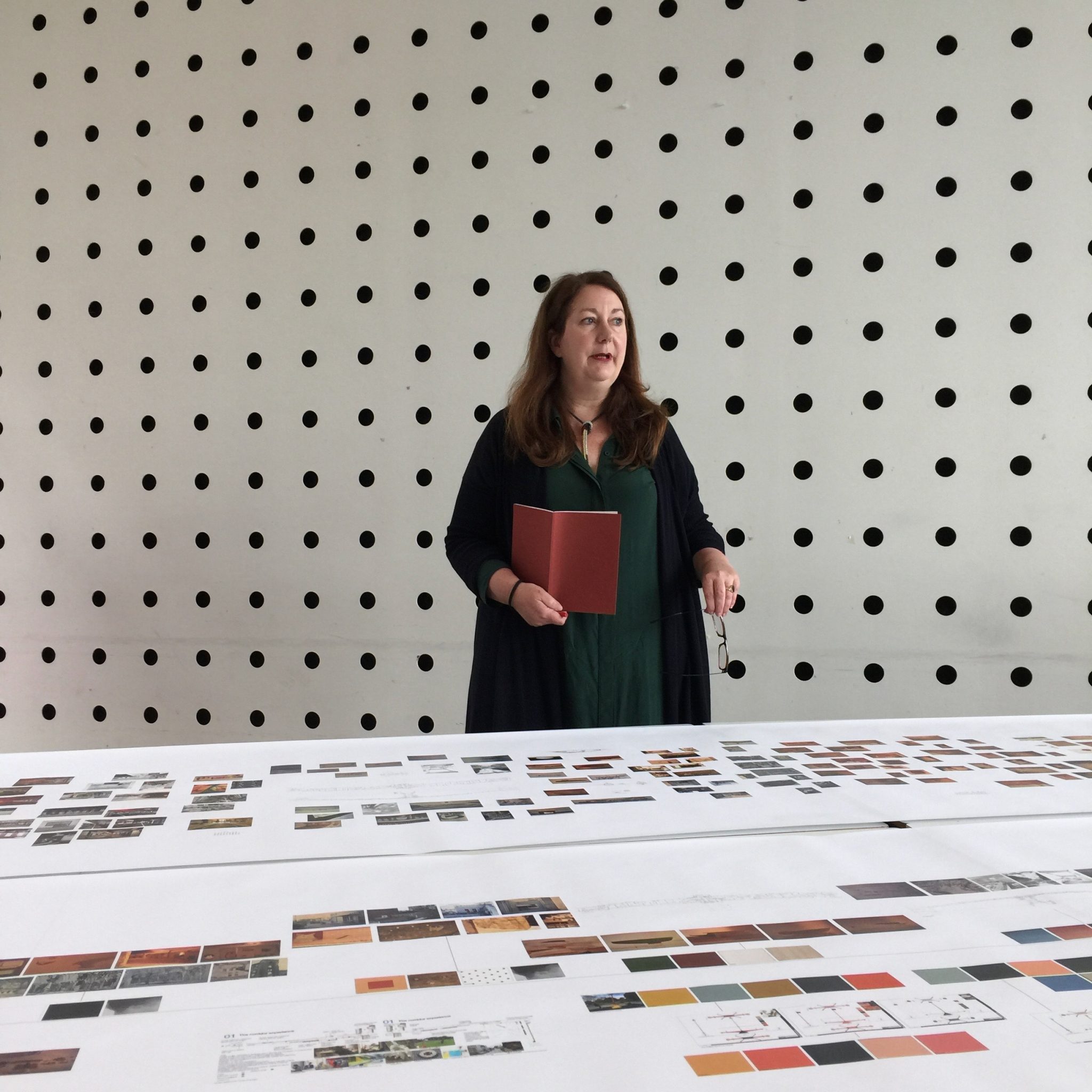
Sue Fenton, review-in-progress October 2018 Practice Research. Symposium.
Anthony Fryatt is program manager, Bachelor or Interior Design (Honours) at RMIT and is also an associate supervisor working with the designers during the process.
inside: How did you come to be involved?
Anthony Fryatt: Before RMIT I practised in commercial interior design and have many close links to the industry. For me, there is an abiding interest in the motivations and actualities of commercial practice. The complexity of contemporary projects demands continual speculation and testing. It produces a very particular currency and interior knowledge. When Suzie invited me to join the reflective industry cohort it was a fantastic opportunity to explore this interest and engage with leading practitioners. It excites me that as a program manager I can also connect this industry knowledge to our undergraduate teaching.
How do you interact with the participants and what are their expectations?
Suzie and I generally meet the candidates together or individually. In essence, we discuss their work and the process of the PhD, and plan the next moves. At times the candidates hold on to a lingering sense that they must become ever more academic; in these moments we remind them that the knowledge is produced through their work and that as design practitioners they are experts in their own right.
In turn, how are the candidates reacting to the dynamics of the process?
They have all been very open to the process and there has been an evident generosity towards each other’s work. The process has triggered a fresh curiosity about their ongoing practice and
the particular value they have as interior designers. In this phase of the process the candidates seem poised, the challenge and value of a PhD being that it rarely ends up as expected at the outset.
Images by Suzie Attiwill

